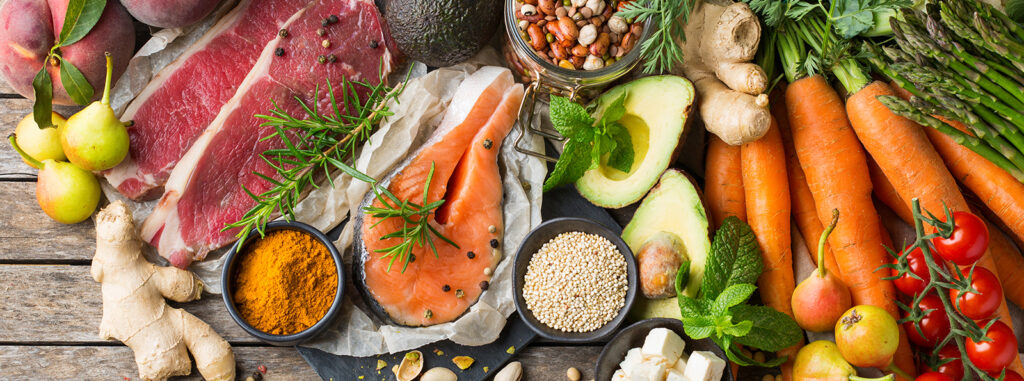It’s no secret that healthy eating has a huge positive impact on your health and overall quality of life. Studies also show it’s the key to longevity. Your body gleans information from food, and both macro- and micronutrients influence vital processes and gene expression.
The quality of your food directly influences detoxification, immune system repair, and body composition — three functions that decline steadily with age.
Eating healthfully can also help you preserve your cognitive ability. Experts are now referring to Alzheimer’s disease as Type 3 diabetes because of the inflammatory brain damage caused by high-sugar and processed food consumption.
Consequently, researchers have found that people who eat healthier are less likely to experience cognitive decline in later years. In fact, a healthy diet can help your body age better in nearly every way.
How a Healthy Diet Helps

Your body works best when you feed it what it needs without a lot of harmful extras. For instance, one of the most noticeable benefits of eating healthy is better body composition. Processed foods cause your body to store more fat due to insulin resistance and a lack of key nutrients, which increases the rate at which you lose muscle mass as you age.
Muscle mass is a key component of longevity because muscles improve insulin sensitivity, metabolic rate, and hormonal balance. Together, these effects positively impact cellular and DNA health.
The quality of your food also affects your energy in multiple ways. You may be familiar with one short-term effect: being lethargic after a large meal high in simple carbohydrates. The fatigue is caused by the dramatic rise and fall of blood sugar. Healthier meals with lower glycemic loads, like chicken breast and vegetables, are more likely to boost your energy and mental clarity afterward.
Mitochondrial aging is another source of energy decline. Mitochondria produce the energy the cell needs to live, and they are therefore our primary source of energy. As we age, changes in our cells lead to the destruction of mitochondria, which leads to accelerated aging and disease. These attacks are mainly from free radicals.
Antioxidants are our best defense against mitochondrial aging, and a diet rich in them may even reverse some of the damage that has already been done. By maintaining healthy mitochondria, a nutrient-rich diet helps us reduce the risks of metabolic and degenerative disorders later in life.
Planning an Anti-Aging Diet
While there’s an abundance of options to add to a healthy diet, some ingredients stand out for their anti-aging properties:
1. Pasture-Raised Proteins
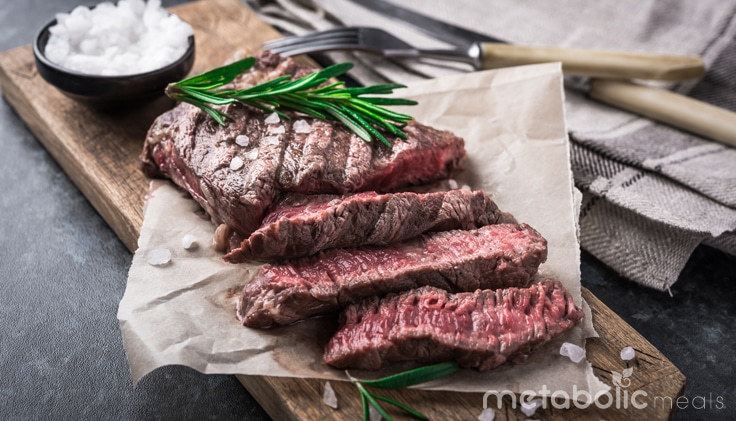
As we age, most of us should slightly lower our protein intake to about 25-30 grams per meal, but it’s imperative that our sources of protein consistently remain high-quality. Good proteins help maintain muscle mass and play an important role in immune function and detoxification. Pasture-raised proteins are much higher in omega-3 fatty acids, which are necessary to lower inflammation — a root cause of many chronic diseases.
2. Cruciferous Vegetables
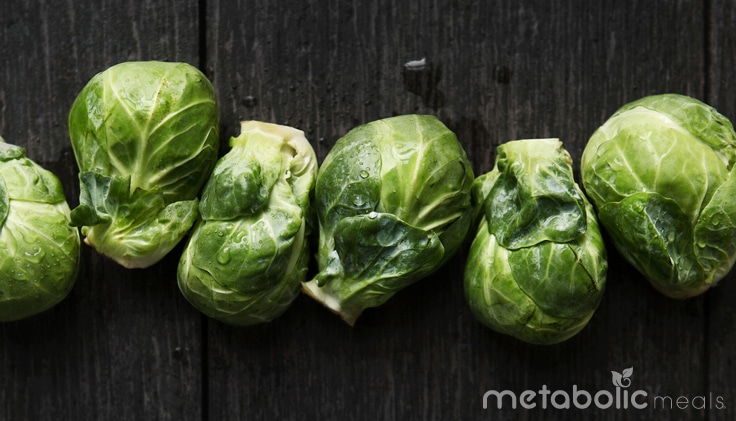
“Cruciferous” means of the cabbage family, and it includes cauliflower, broccoli, and Brussels sprouts. These vegetables are high in fiber, and studies show that eating fiber promotes a lower overall mortality rate. They’re also rich in antioxidants that improve mitochondrial health and strengthen bones.
3. Nuts and Seeds
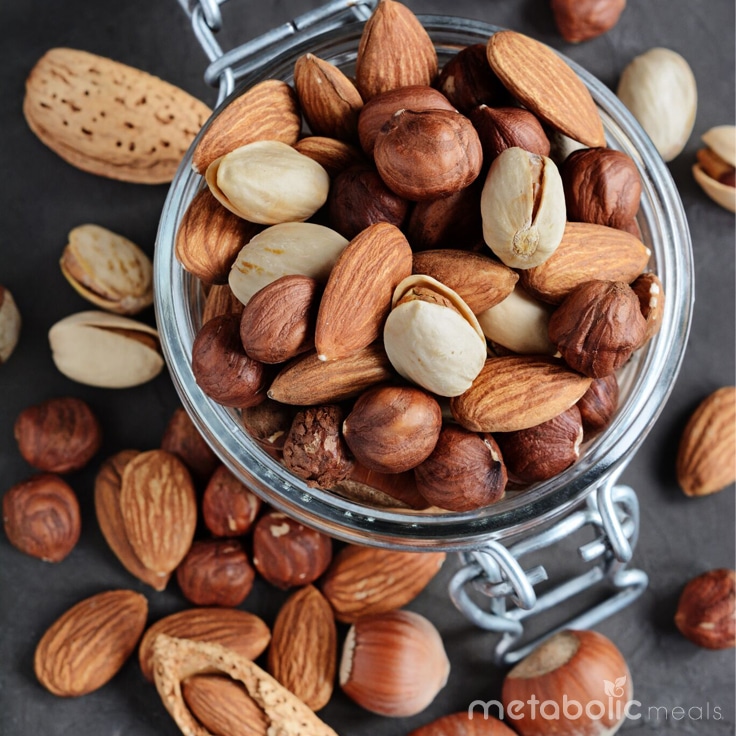
Nuts and seeds are full of essential fatty acids (EFAs) that improve insulin sensitivity, thereby increasing metabolism and refining overall hormone balance. EFAs also lower inflammation and improve hair, skin, and eye health.
4. Fermented Foods
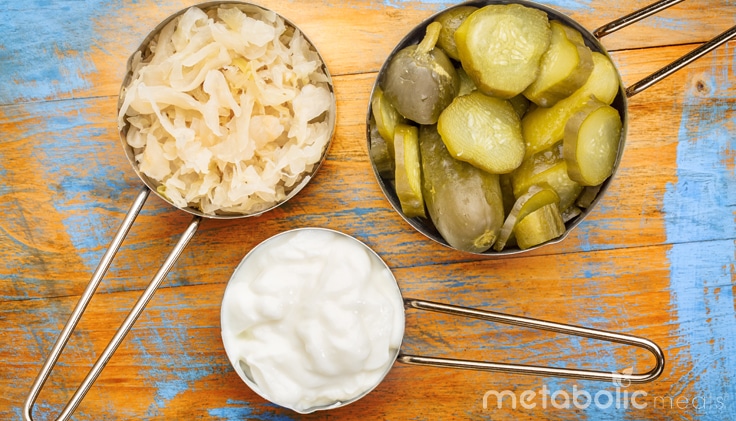
Fermented foods include sauerkraut, yogurt, pickles, and raw cheese, among many others. They contain live good bacteria called probiotics that are extremely beneficial for gut health. A healthier gut means better immune function, improved digestion, and a lower risk of neurological disorders.
There’s no question that nutrient-rich foods help you live a healthy, happy life — choosing the right ones can help ensure you’re living a long, fulfilling one, too.




